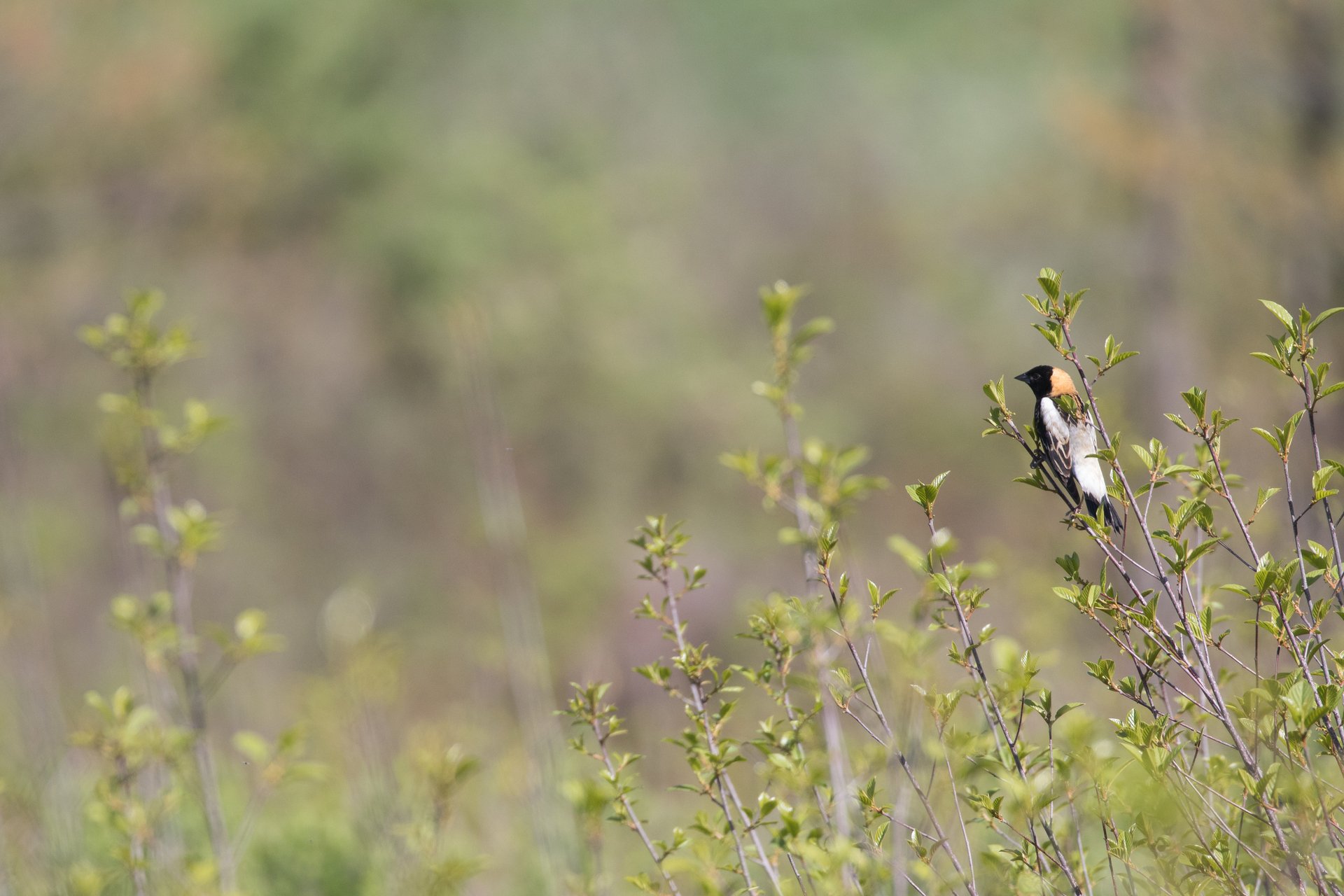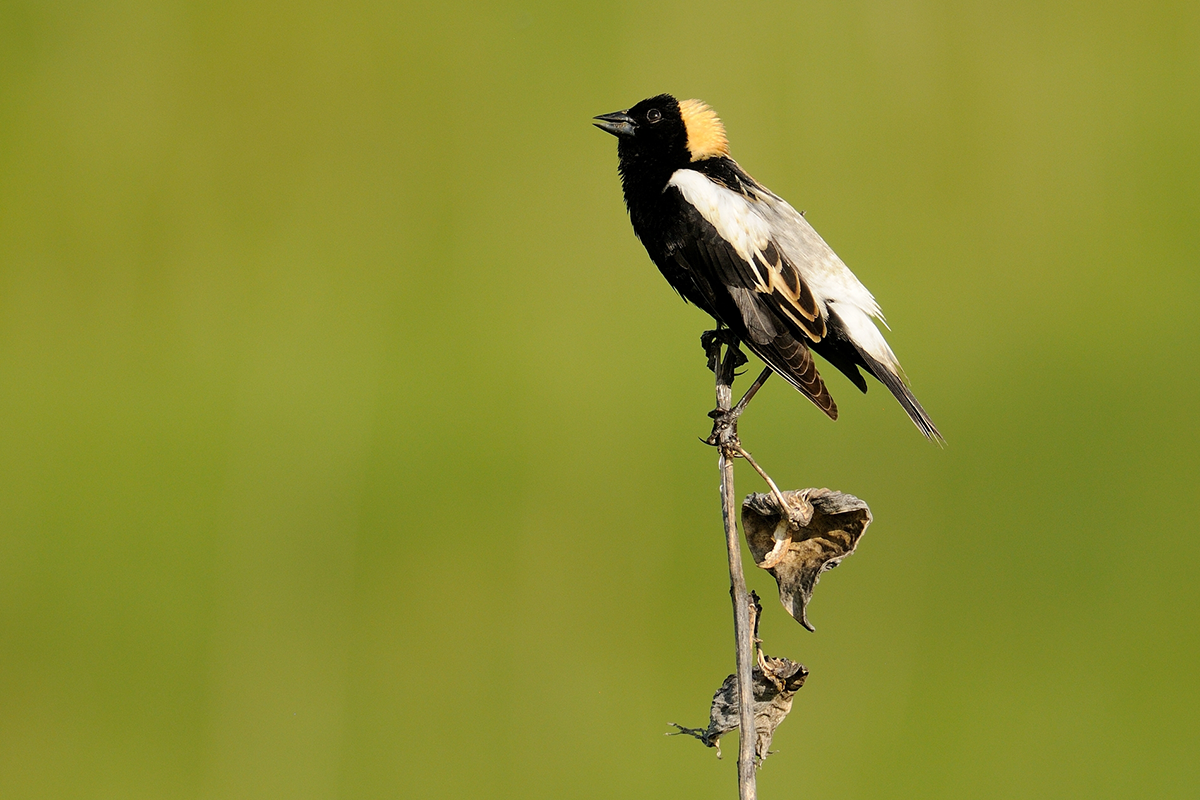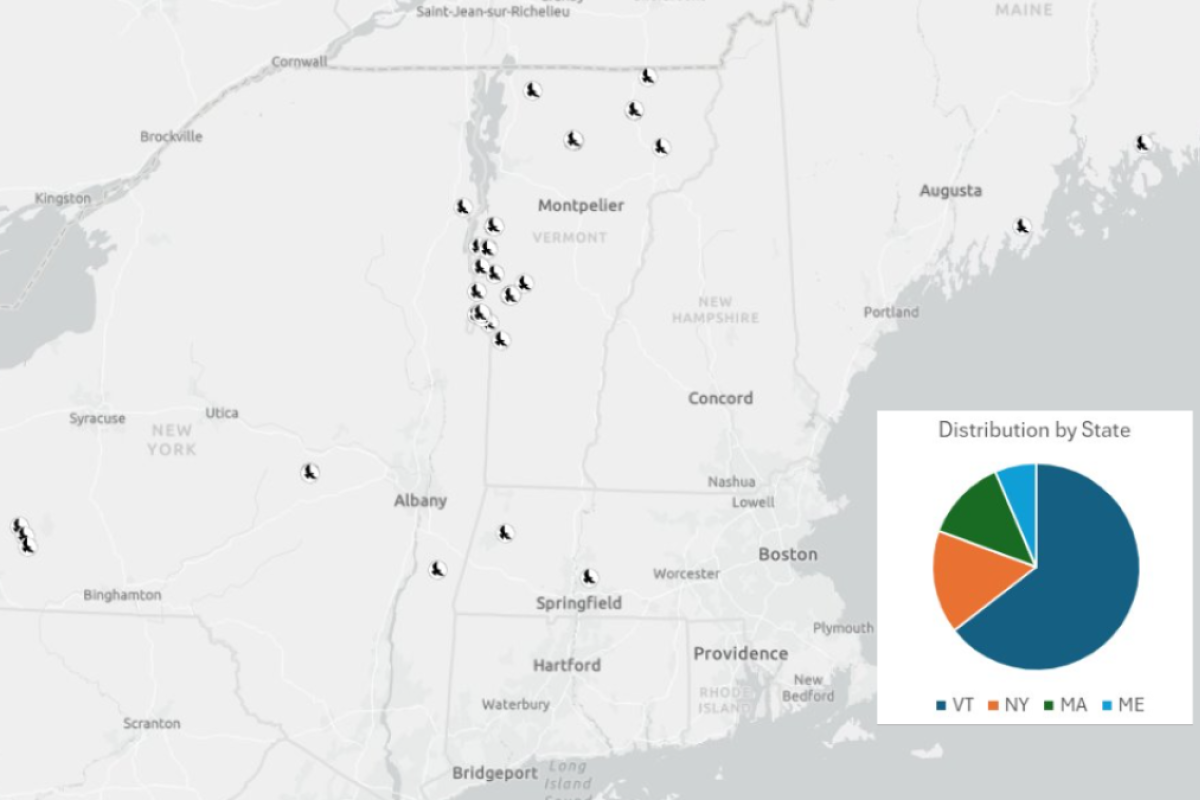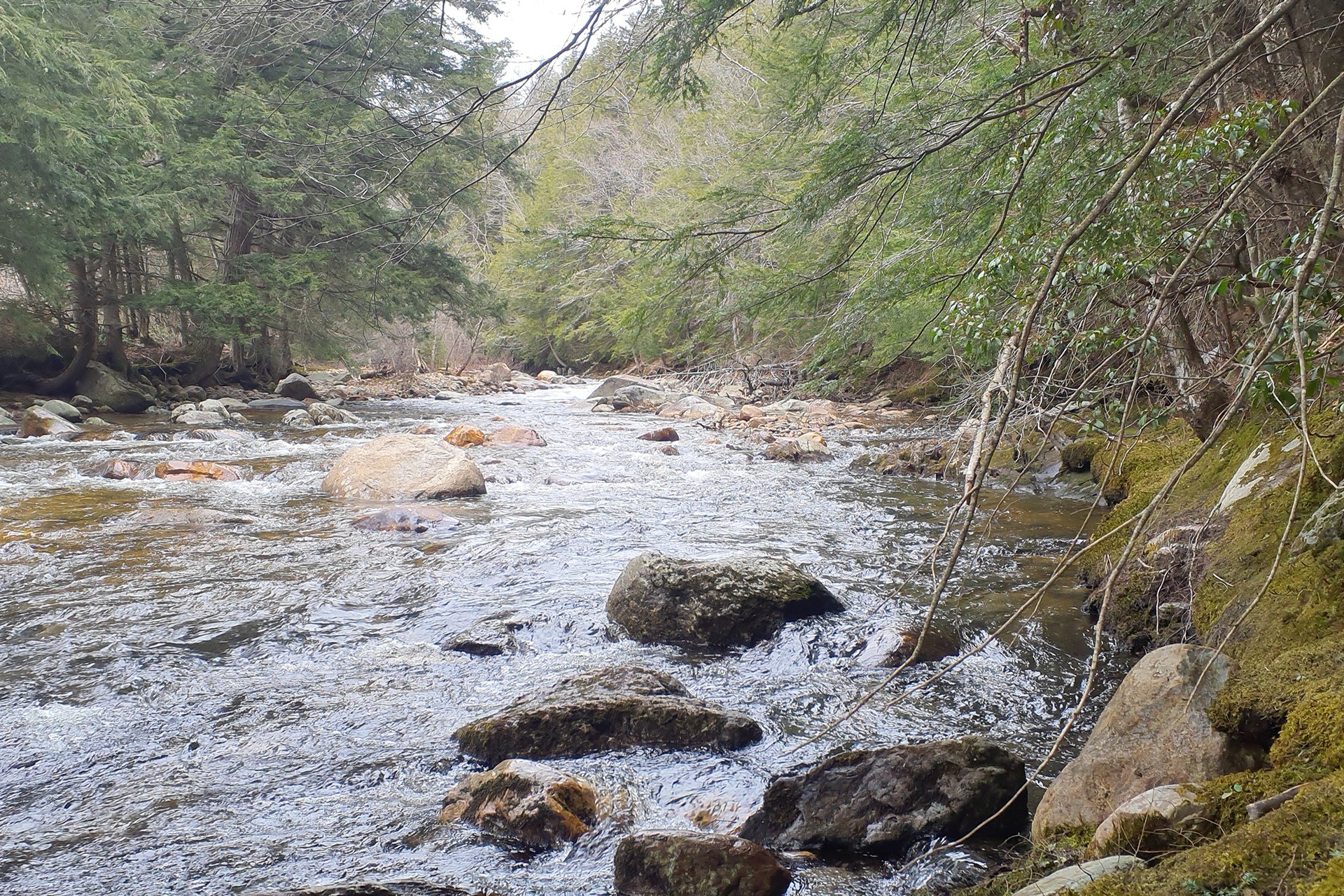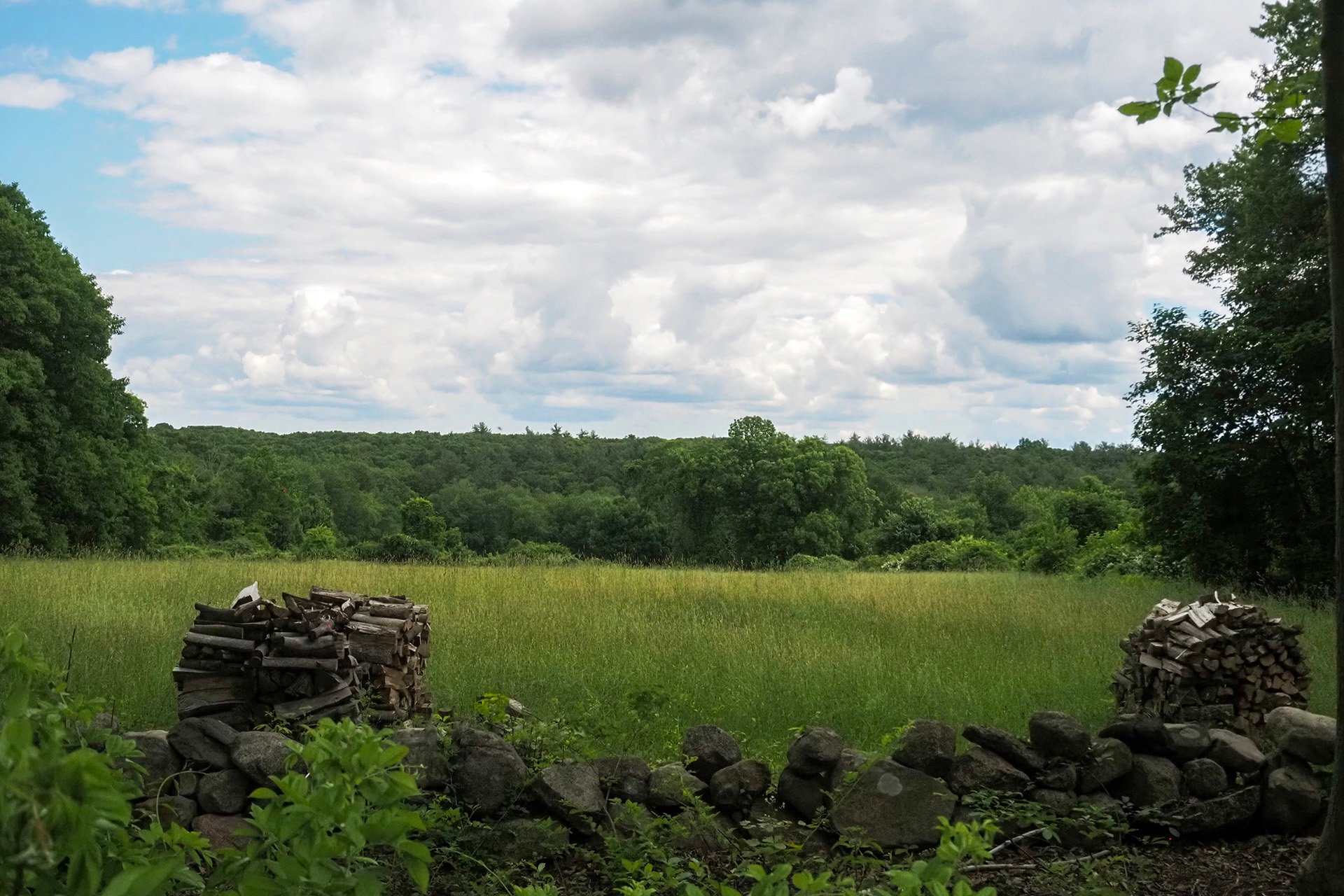The Bobolink Project Takes Flight: Applications Now Open
November 25, 2024
Bobolinks were once abundant in the pastures of Massachusetts, appearing commonly in 19th century poetry. However, crop farming and development heavily degraded native meadows. And as farms were abandoned and forests regrew around crumbling stone walls, the songs of Bobolinks and Eastern Meadowlarks were replaced by forest birds like the Wood Thrush, Red-eyed Vireo, and Black-and-white Warbler. As a result, grassland bird species have faced precipitous declines in recent decades, becoming reliant on agricultural lands for breeding habitat in the Northeast.
At Mass Audubon, we’re working with partners and landowners of these critical habitats to support grassland birds through The Bobolink Project. By making it economically feasible for farmers to manage land with breeding birds in mind, we’re pushing back against the threat of extinction through habitat loss.
The Challenge Farming Landowners Face
Farmers are often put in difficult situations, managing delicate field schedules with competing goals. During the summer months, farmers must harvest enough hay to feed their livestock through the winter, and dairy farmers need premium hay to care for animals that are producing milk. Hay reaches a nutritional peak and rapidly declines in quality during the weeks when Bobolinks and other grassland birds are in their nests. Harvesting during this time results in high rates of nest failure. However, delaying a hay harvest to protect nesting grassland birds can increase costs or decrease profits for farms—many of which exist on thin margins.
While it’s challenging to support both grassland birds and livestock, it is possible with a thoughtful land management plan. We need to solve for this delicate catch-22 quickly, as grassland species are rapidly declining, on their way towards extinction. In the last 50 years, we have lost 68% of our Bobolinks and 3 out of 4 Eastern Meadowlarks in the US and Canada.
Empowering Donors & Farmers to Take Conservation-Minded Actions
The Bobolink Project was developed in 2013 to distribute private donations to farmers, which “buys time” for the grassland birds without hurting profit margins. The program now funds delayed haying practices on over 1,400 acres of farmland across four states.
After nearly a decade of operating entirely from private donations, the program built enough momentum to receive a federal grant in 2024. Grant funds allowed a full-time coordinator to join the team and doubled the impacted acreage for the 2025 field season. The Bobolink Project plans to increase outreach and enrollment across New England and New York, with a particular focus in the Champlain and Connecticut River Valleys.
Alongside our anticipated growth, we are actively evaluating and updating our process. Each season, we examine the management recommendations, contract requirements, and bidding policies, adjusting to make the program accessible to a wider range of farmers.
You Can Help Protect Grassland Birds
The success of grassland bird breeding depends on people like you. Do you live in New England or upstate New York? Do you know of fields in your area that support breeding Bobolinks and Eastern Meadowlarks? There are more ways than one you can help protect grassland birds from population decline.
Learn About the Bobolink Project
Find out more about how the program works and why this issue is so important. Learn More
Volunteer
As we tackle our ambitious goal to increase acreage, we need volunteers to help with field vetting, outreach, and monitoring. Submit Volunteer Interest Form
Donate
Private donations provide the critical support needed to sustain this program and ensure its success. Donate Today
Enroll
The power of community connection cannot be understated. Find out how you, or a landowner you know, can receive funds to make protecting breeding grassland birds possible.
Latest News
The Bobolink Project Takes Flight: Applications Now Open
Keep ReadingLandowners Donate Conservation Restriction on 154 Acres in Windsor
Keep ReadingNew $75M Catalyst Fund Helps Permanently Protect 116 Acres in Mendon
Keep ReadingStay Connected
Don't miss a beat on all the ways you can get outdoors, celebrate nature, and get involved.



